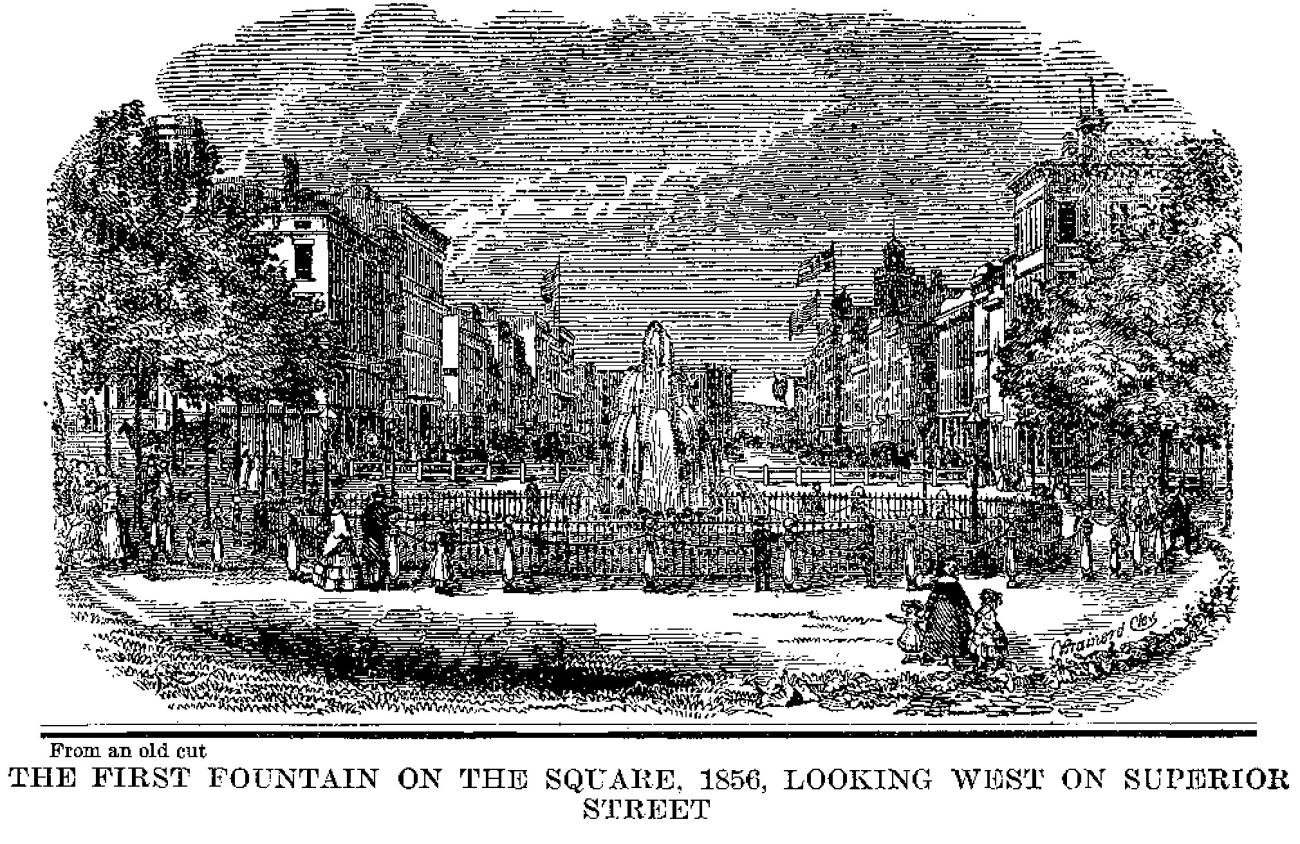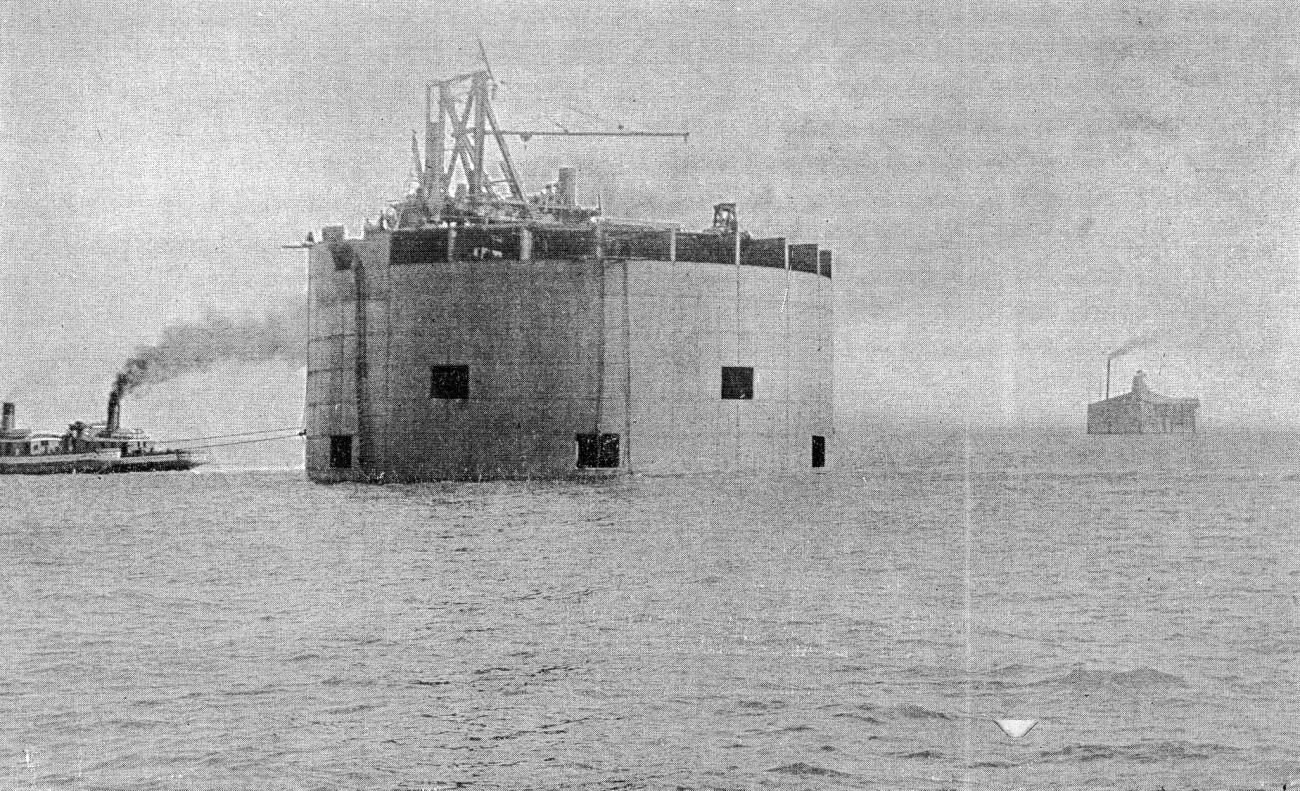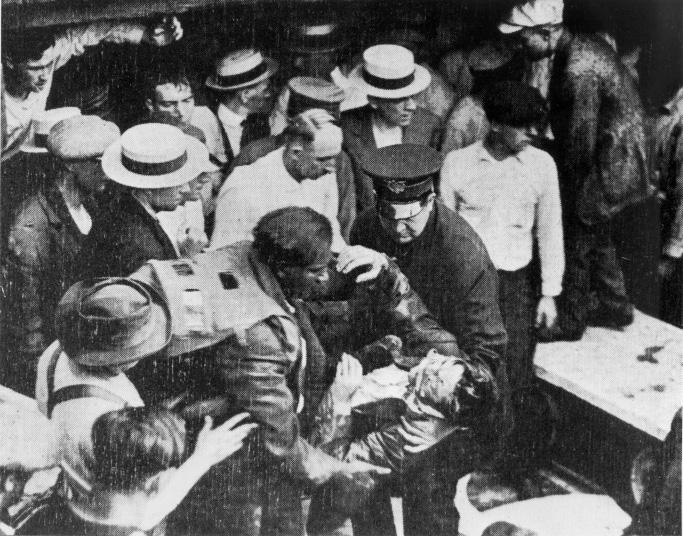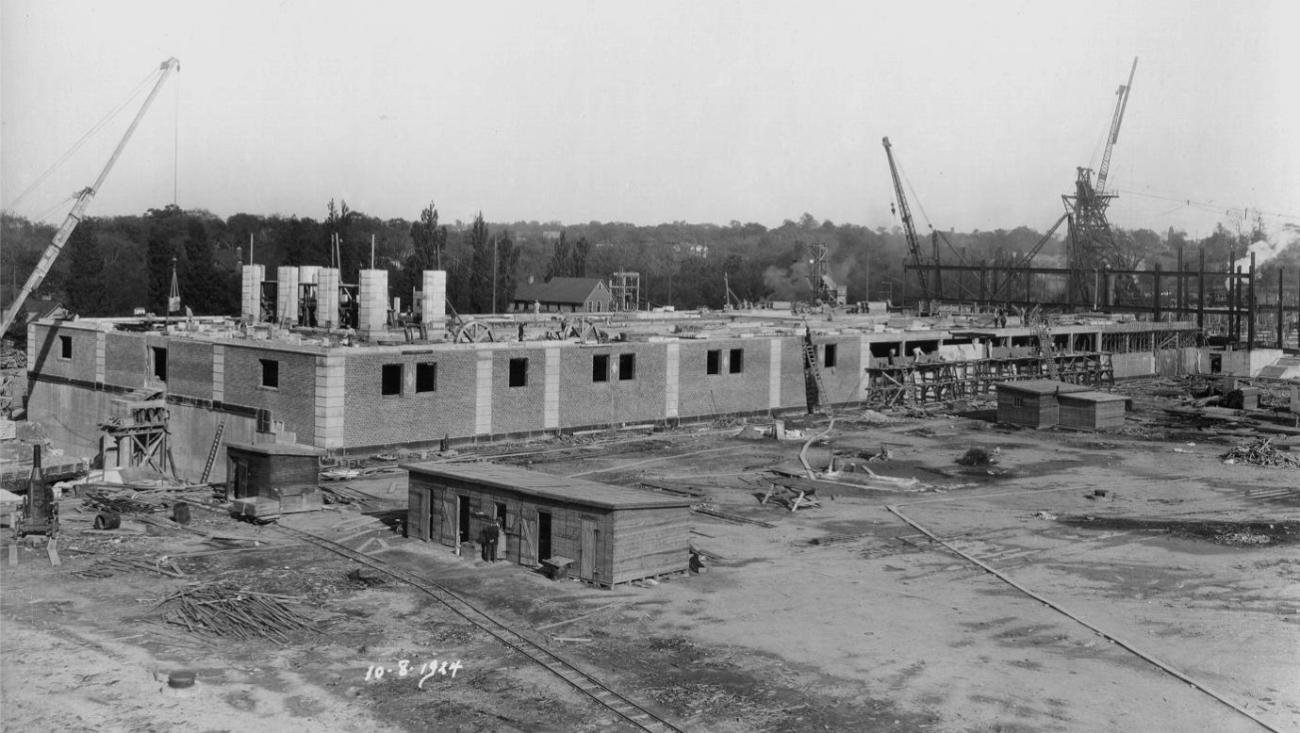History
Cleveland Water has a long history of providing safe and great-tasting water. Since our founding in 1856, we have worked hard to help our City – and the surrounding region – grow and thrive.
1850
At the behest of Mayor William Case, Cleveland City Council appoints a committee to address the issue of providing a sufficient supply of “pure water” for the city’s growing population. At the time, all of Cleveland’s drinking water came from springs, wells, canals, and the Cuyahoga River.
1852
Following two years of research, the committee delivers a report to the Mayor and Council detailing its recommendations for the construction of a public waterworks system. The committee also recommends hiring Theodore Scowden to design Cleveland’s new system.
1853-1856
Based on his report to City Council, Scowden leads the construction of the first Cleveland waterworks system. The facility consists of a pump station, a 6-million-gallon reservoir, 11 miles of water mains, and a water intake located 300 feet out into Lake Erie
September 24, 1856
In anticipation of the Ohio State Fair being held in Cleveland in September 1856, a large stone fountain is constructed at the center of Public Square that is fed with water from the new reservoir, marking Cleveland Water’s official start of operation.
1869-1874
Due to pollution near the shores of Lake Erie, a new 6,600-foot-long water intake tunnel is constructed to pull water from farther out in the lake.
1870
The first water meters are installed in the Cleveland Water system.
1883-1885
Kinsman Reservoir, located between Kinsman Rd. and East 116th St., and Fairmount Reservoir, located between Woodhill Rd. and Quincy Ave., are constructed to service the growing population east of downtown Cleveland and replace the Kentucky Street Reservoir.
1890
A new 7-foot diameter, 9,117-foot long water intake tunnel is completed.
1896-1904
A 9-foot diameter intake tunnel, extending 26,000 feet into the lake, the 5 Mile Crib, and the Kirtland Pump Station are all constructed.
1911
Cleveland Water begins adding chlorine to drinking water to help reduce water-borne bacteria that causes cholera and typhoid fever.
1915
Warrensville Reservoir and Pumping Station, located between Green Rd. and Harvard Ave., is constructed and begins delivering water to customers in eastern and southeastern areas of the system.
1916
The 6,600-foot intake tunnel is extended 26,000 feet to further combat shoreline pollution and feed the Division Avenue Filtration Plant. During construction, local entrepreneur Garrett A. Morgan rescues several miners trapped when a portion of the tunnel collapses.
1918
The Division Avenue Filtration Plant and Pumping Station, located on Division Ave. near W. 45th St., begins operation. Completion of the plant brings filtered water to the west side of Cleveland.
1925
The Baldwin Filtration Plant & Reservoir and Fairmount Pump Station, located between Martin Luther King Jr. Blvd. and Fairhill Rd., begin operation, bringing filtered water to all Cleveland Water customers for the first time.
1934
Parma Reservoir, located between Snow Rd. and Pearl Rd., is completed as part of the Work Project Administration and delivers water to customers in southwest areas of the water system.
1951
The Nottingham Water Treatment Plant, located between Chardon Rd. and St. Clair Ave., begins operation to serve customers in east and southeast areas of the water system.
1958
The Crown Water Treatment Plant, located on Clague Rd. in Westlake, begins operation to serve customers in west and southwest areas of the water system.
1967
Parma Control Center is completed, consolidating and upgrading secondary facility operations (pump stations, water tanks, and towers) into one location.
1972
The Carl B. Stokes Public Utilities Building, located at 1201 Lakeside Ave., opens, consolidating all Cleveland Water management and business functions into a single location.
1975
All water pumps are converted from steam power to electric power.
1985
A massive Capital Improvement Program (CIP) is launched to modernize water plant operations and improve larger water mains throughout the system.
1991
The Division Avenue Filtration Plant is rededicated and renamed in honor of Garrett A. Morgan following renovations.
1995
A new facility is constructed on Harvard Ave. for Distribution & Maintenance operations.
1997-2012
The $650 million, 15-year Plant Enhancement Program (PEP) modernizes and rebuilds all water treatment plants resulting in four state-of-the-art plants.
2006
Cleveland Water celebrates its 150th anniversary by recreating the original fountain that appeared on Public Square at the 1856 Ohio State Fair.
2007
Cleveland Water offers Amended Water Service Agreements (WSAs) to suburbs throughout the system – transferring responsibility for main replacement from the city to Cleveland Water within those communities that execute the new agreement and investing $10 million annually in suburban communities that have signed the Amended WSA.
2012
Cleveland Water begins to install state-of-the-art automated meter reading (AMR) technology in homes and businesses throughout the service area.
2015
The Crown Water Treatment Plant receives the prestigious Phase IV Excellence in Water Treatment award from the Partnership for Safe Water.
2017
Cleveland Water transitions customer accounts from quarterly to monthly billing to help customers better manage their budgets and more easily track water usage.




